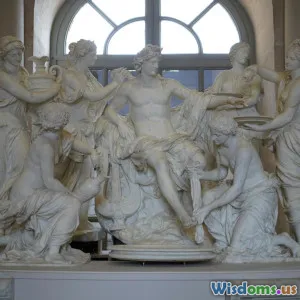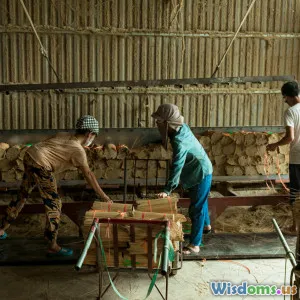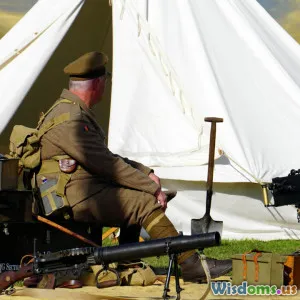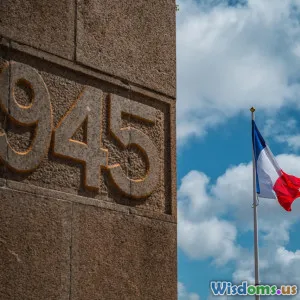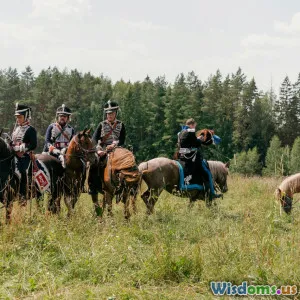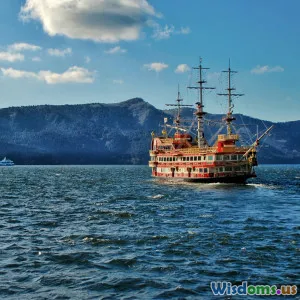
Why Did the Age of Exploration Begin in Portugal
13 min read Explore why the Age of Exploration began in Portugal, examining historical, geographic, and technological factors that enabled the nation's pioneering voyages. (0 Reviews)
Why Did the Age of Exploration Begin in Portugal
The dawn of the Age of Exploration marks one of history’s most intriguing chapters — a transformative epoch during which ships set out from European ports to chart unknown seas, find new routes, and connect disparate continents. But why did Portugal, a small kingdom on the edge of Europe, become the torchbearer for this bold endeavor? The journey toward global discovery can be traced back to a unique confluence of geography, relentless ambition, and strategic foresight, all culminating in the pioneering voyages that rewrote the world’s maps.
Strategic Geography: Portugal’s Natural Advantage
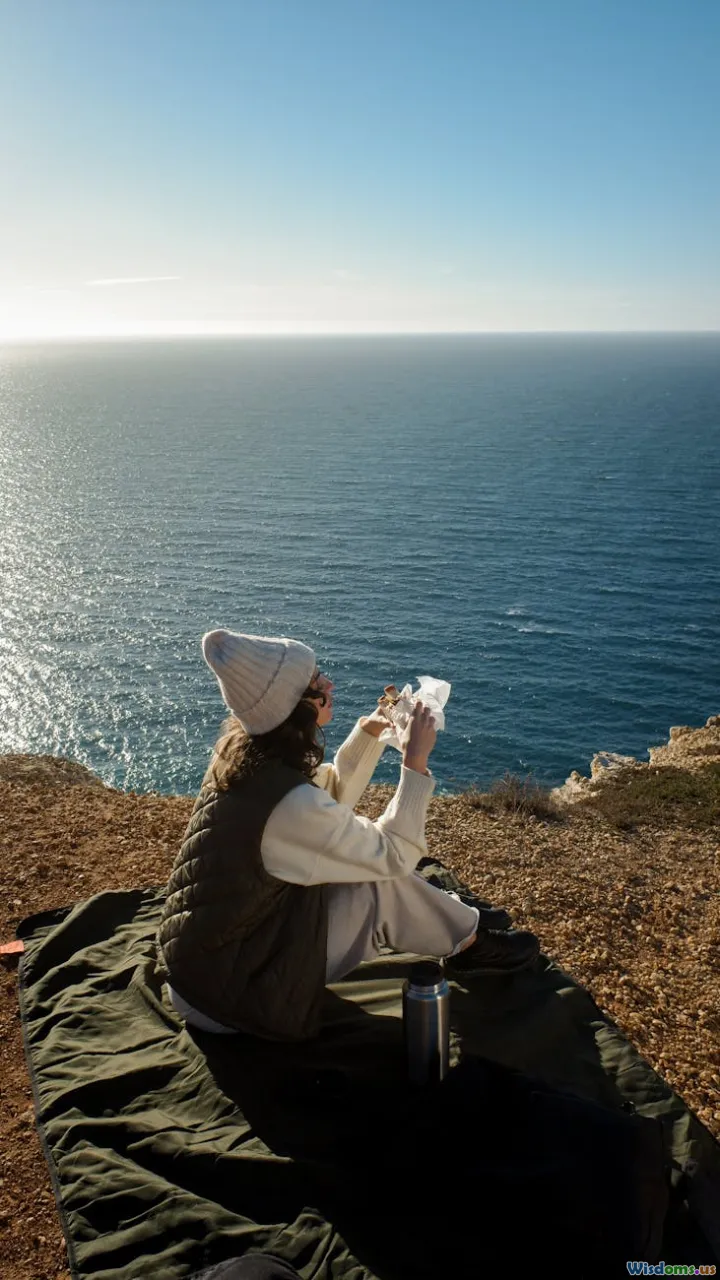
Nestled along the western periphery of the Iberian Peninsula, Portugal’s geographic setting was pivotal. It’s the only European country bordered by the Atlantic Ocean to the west and south, bestowing an endless horizon of seafaring possibility. Unlike its neighbors, who looked primarily overland for expansion, Portugal gazed seaward, its long, jagged coastline offering multiple natural harbors — including Lisbon, Porto, and Lagos — that became launchpads for exploration.
Crucially, technological developments of the era amplified this geographical advantage. The invention of the caravel, a small, highly maneuverable ship designed by Portuguese shipbuilders, enabled explorers to navigate the uncertain winds and tides of the Atlantic more safely. By harnessing both the square and lateen sail, caravels could tack against the wind — a groundbreaking trait in the 15th century.
Historic maps from this period show a steadily encroaching web of Portuguese discoveries along the African coast. The currents and winds of the North Atlantic Gyre were studied and skillfully exploited, letting Portugal’s sailors venture further and return home safely with unprecedented regularity.
Political Stability and Royal Patronage
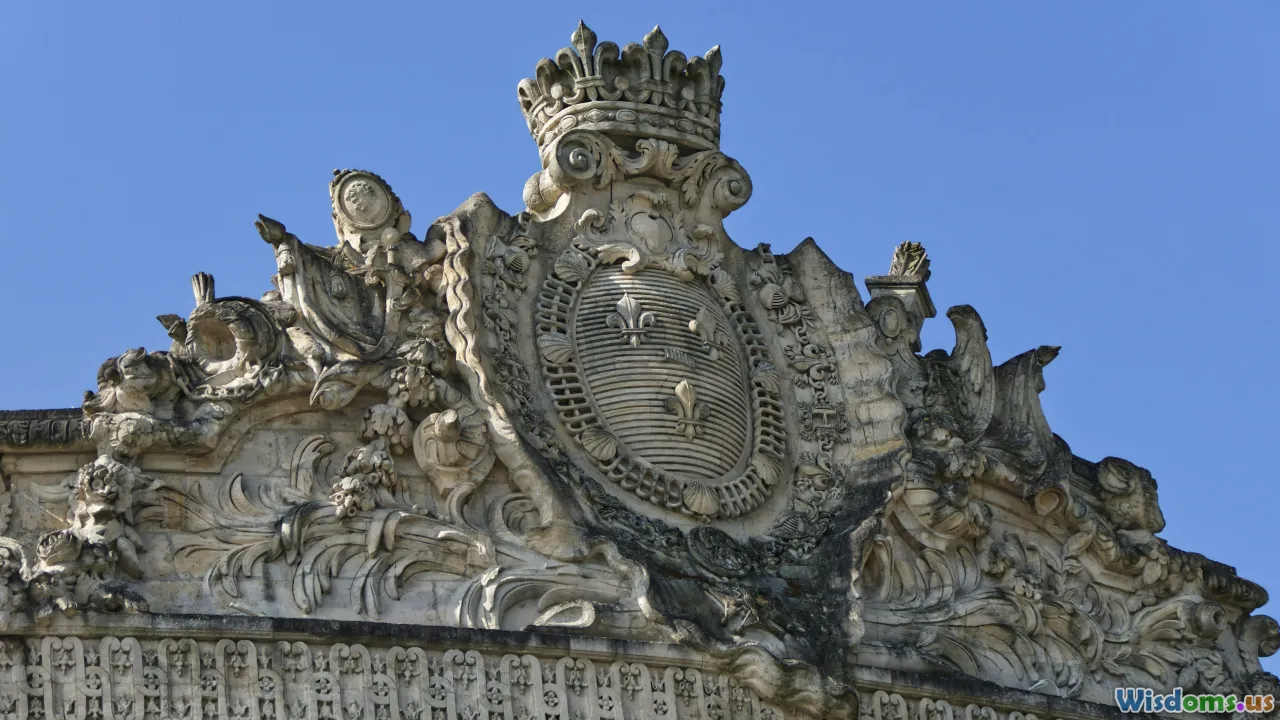
The backdrop of political unification and relative domestic stability served as fertile ground for exploration. While much of Europe grappled with internal conflicts or dynastic struggles, Portugal’s monarchy — under King John I and later his son, Prince Henry the Navigator — focused its energies outward.
Prince Henry the Navigator (1394–1460) deserves special attention. Though he seldom sailed himself, he revolutionized maritime adventure through determined state sponsorship. Henry established a navigation school at Sagres, where astronomers, cartographers, and veteran captains pooled their knowledge. With his encouragement, reports filtered back from adventurous voyages along the Moroccan coast, leading to the incremental exploration of West Africa — a process sometimes called the Volta do Mar or the “return by the sea.”
Royal investments were not simply whimsical; they were guided by a vision. Escaping an economic cul-de-sac caused by reliance on Mediterranean trade (dominated by rivals like Venice), the court funneled resources into securing alternative routes to the fabled Asian spice markets. Every ship sent forth was a calculated risk with prospects for vast returns.
The Economic Imperative: Finding New Routes
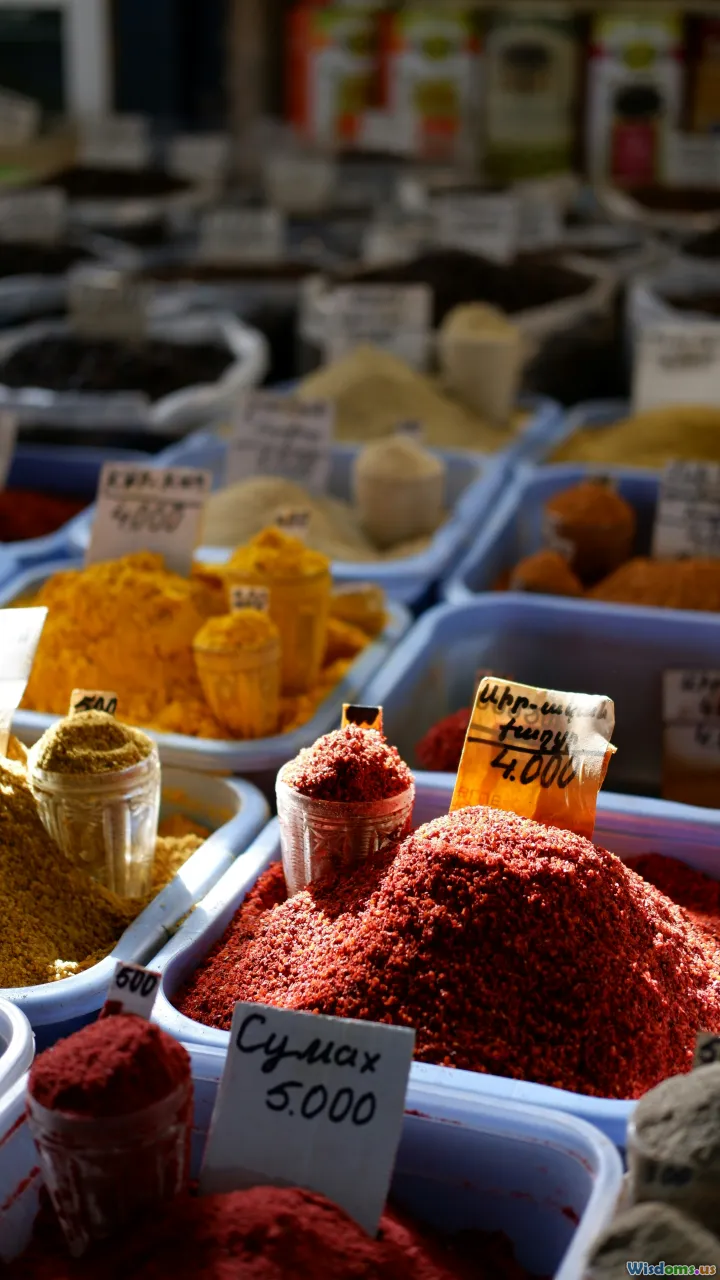
By the 15th century, the lure of distant markets gripped the European imagination. The Silk Road and the Red Sea trade routes funneled wealth to Italian city-states and Ottoman intermediaries, while Portugal languished at the periphery. As demand soared for Asian commodities like pepper, cinnamon, cloves, silk, and porcelain, Portugal’s economic aspirations were clear: directly access overseas sources and bypass competing middlemen.
Portuguese entrepreneurs and royal financiers bankrolled voyages along the African coast, incentivizing explorers who could report on gold fields, lucrative fisheries, and the location of legendary Christian kingdoms (Prester John being especially alluring). This pursuit culminated in 1488 when Bartolomeu Dias rounded the Cape of Good Hope, proving, for the first time, that the Indian Ocean and the Atlantic were linked — a discovery that finally made Vasco da Gama’s successful voyage to India possible in 1498.
Lisbon transformed overnight into a bustling entrepôt as pepper, ivory, gold, and exotic goods poured in. The new routes not only diversified Portugal’s economy but also catalyzed Europe’s first transoceanic empire.
Maritime Technology and Navigational Innovation
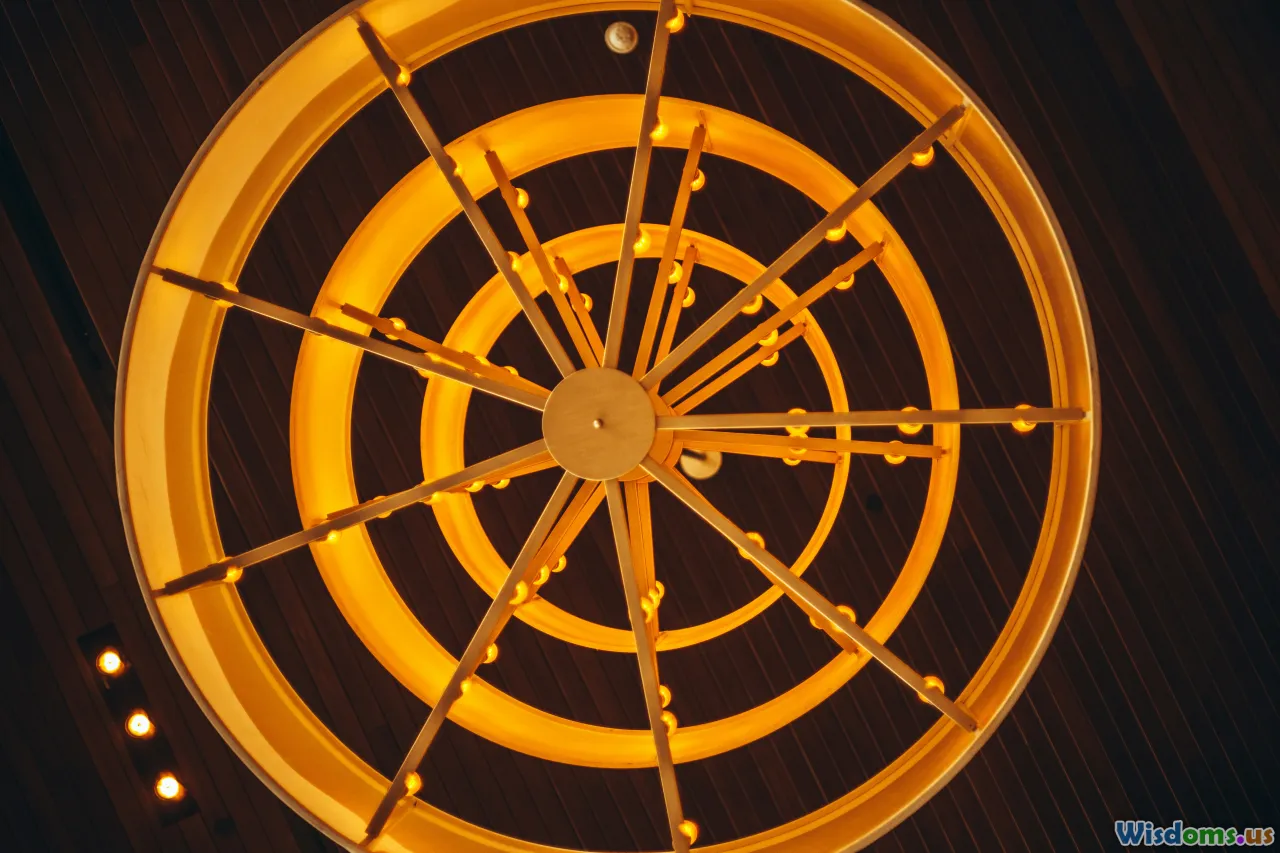
Foremost among Portugal’s advantages was its commitment to maritime technological advancement. Sailors needed more than bravado; they required precise tools and systematic training. At Henry the Navigator’s academy, intellectuals refined the astrolabe — allowing mariners to fix their position using celestial bodies. The quadrant, cross-staff, and improved compasses enabled sailors to plot courses with an accuracy unimaginable a generation earlier.
Portuguese cartographers produced increasingly detailed portolan charts, blending empirical observation with mathematical rigor. These nautical maps emphasized ports, coastal dangers, and wind patterns, all vital for navigating the West African littoral and ultimately opening the way to the Indian Ocean.
Of all the innovations, the caravel epitomized Portugal’s pragmatic approach. These ships’ relatively shallow draughts made them adept at riverine exploration (such as the Senegal or Gambia), while their sail plans let them battle ocean squalls. Their ability to return against prevailing winds made roundtrip exploration viable, cementing Portugal’s reputation as the world’s leading maritime nation.
Religious and Ideological Drivers
Economic motivations blended seamlessly with religious zeal. In the wake of the Reconquista — the long campaign to reclaim Iberian territory from Muslim rulers — Portugal’s monarchy saw itself as both defender and promoter of Christianity. Expansion overseas became a spiritual mission as well as an economic opportunity; papal bulls such as Romanus Pontifex (1455) explicitly sanctioned Portuguese sovereignty over discovered lands, so long as Christianity was advanced.
Emissaries accompanied explorers, striving to forge alliances with Christian rulers in Africa (like the elusive Prester John) and convert new souls along the way. Portuguese colonial efforts consequently paired gold and gospel from the start, a duality seen in contemporaneous accounts of the Congo Kingdom and coastal forts like São Jorge da Mina (Elmina) in modern Ghana.
Religious motivation was not merely a fig leaf for conquest; genuine belief imbued these early forays with a sense of divine mandate. Church support further legitimized the effort and spurred onward momentum, ensuring broad-based endorsement from clerical elites and the lay population.
Competition and the Shadow of Spain
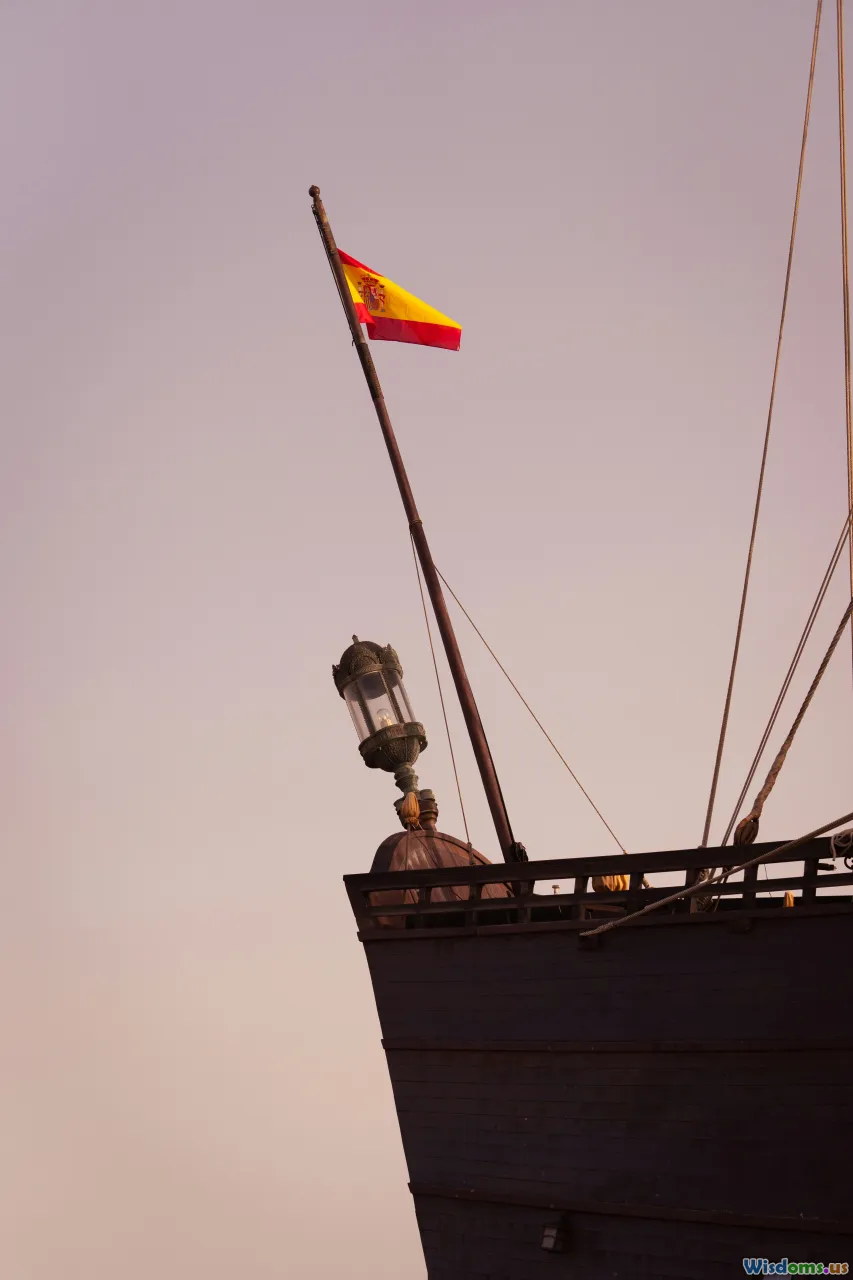
Portugal did not sail forth in a vacuum. Looming rivalry with neighboring Castile (later unified as Spain) imbued urgency to every expedition. Both crowns coveted access to gold, trade, and territory. The outcome, inscribed in the 1494 Treaty of Tordesillas, granted Portugal exclusive navigational rights east of a fixed meridian, while Spain’s influence extended to the west.
Ahead of Spain in the race for overseas discoveries, Portugal’s early start was critical. By the time Christopher Columbus made landfall in the Caribbean for Spain, the Portuguese had already explored down the African coast and initiated trade with India. While Spain would dominate the Americas, Portugal established a vast network of trading posts from Brazil to the Moluccas. Its competitive head start ensured Portugal’s fingerprints on the earliest phase of Europe’s global expansion.
Diplomatic ingenuity buttressed this advantage: Portugal negotiated with rival European powers but rarely lost ground thanks to well-placed alliances and its ability to project naval strength far beyond its borders.
Portugal’s Impact: Lasting Legacies of Early Exploration
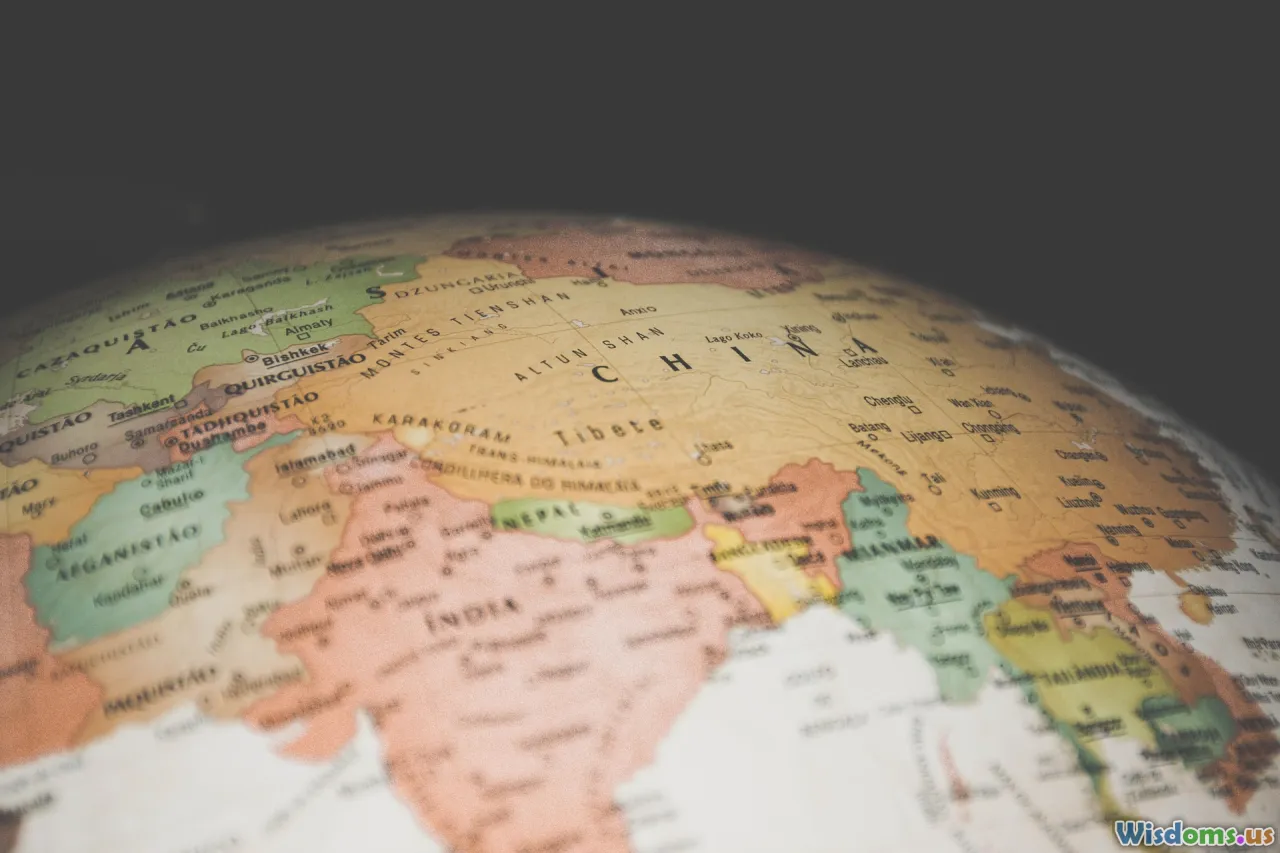
The ramifications of Portugal’s early initiatives are deeply etched into world history. These explorations led to the creation of a pluri-continental Portuguese Empire—spanning Africa, South America, India, and Southeast Asia, and introducing a networked concept of global trade.
Lisbon became one of Europe’s great capitals, as it managed a steady flow of spices, gold, and slaves. The cultural fusion generated by Portuguese settlement persists today: in languages, cuisine, and architecture from Brazil to Goa and Macau. Even after Spain and England rose to rival and eventually surpass Portugal, its foundation of navigational know-how and overseas trade routes endured.
The era’s innovations — celestial navigation, advanced shipbuilding, and scientific cartography — filtered across Europe, sparking imitation and competition. Most critically, the foundational role played by Portugal nudged a previously Eurasian world into a truly interconnected global system.
What set Portugal on course for the Age of Exploration was a rare mix of practical necessity, royal vision, and technological mastery. Each voyage traced the edge of the known and the possible, propelled by a cosmopolitan blend of faith, profit, and wonder. Though the world quickly grew larger and more complex, Portugal’s early boldness as a seafaring pioneer illuminates the waters all explorers must first cross: where will, ingenuity, and open horizons meet.
Rate the Post
User Reviews
Popular Posts











